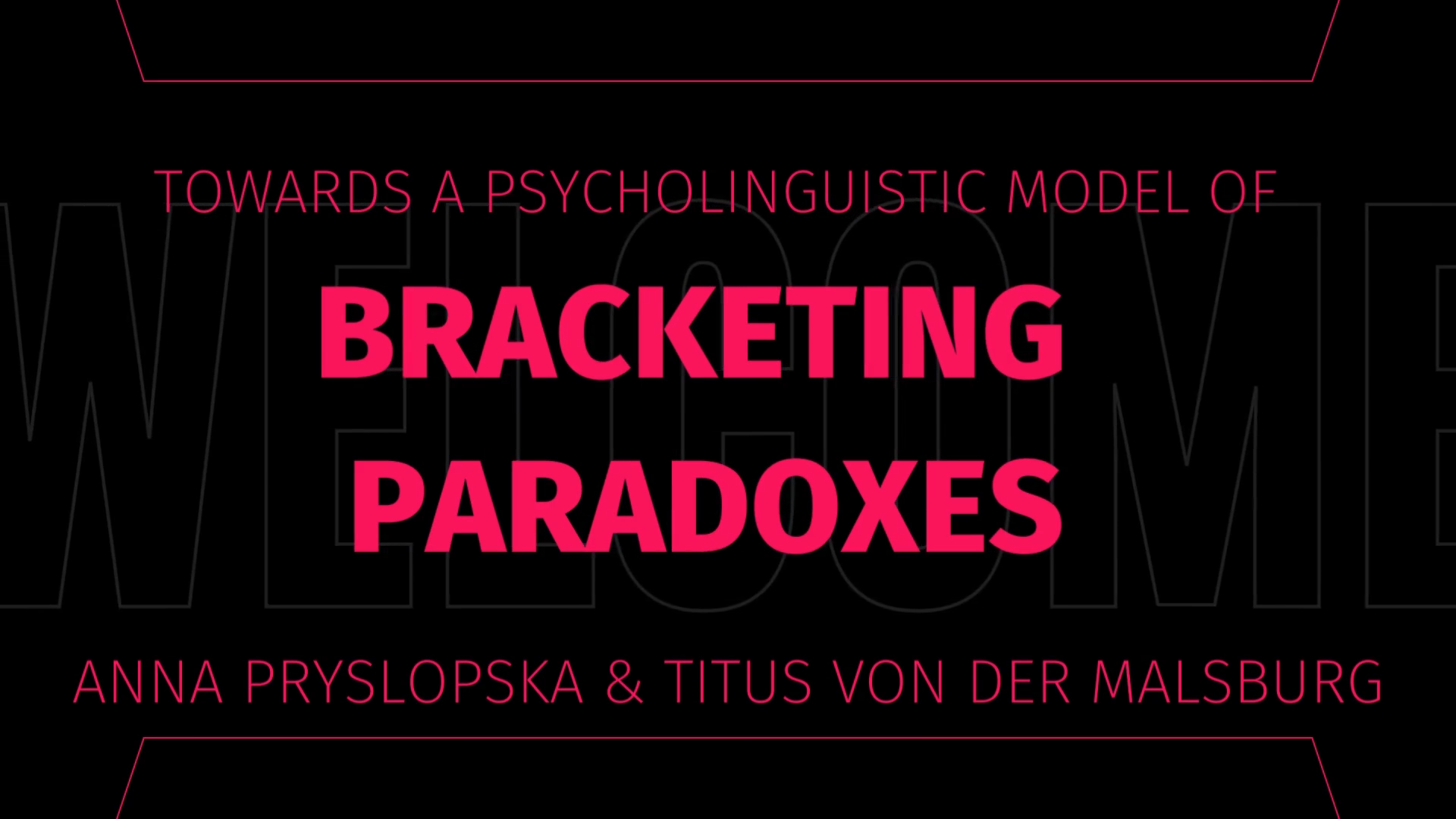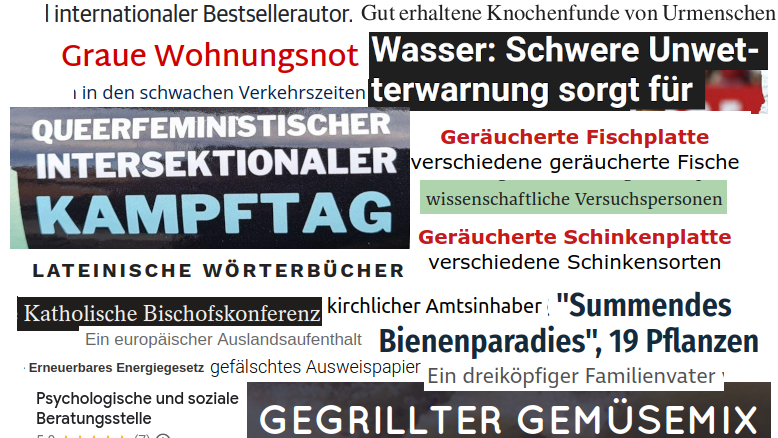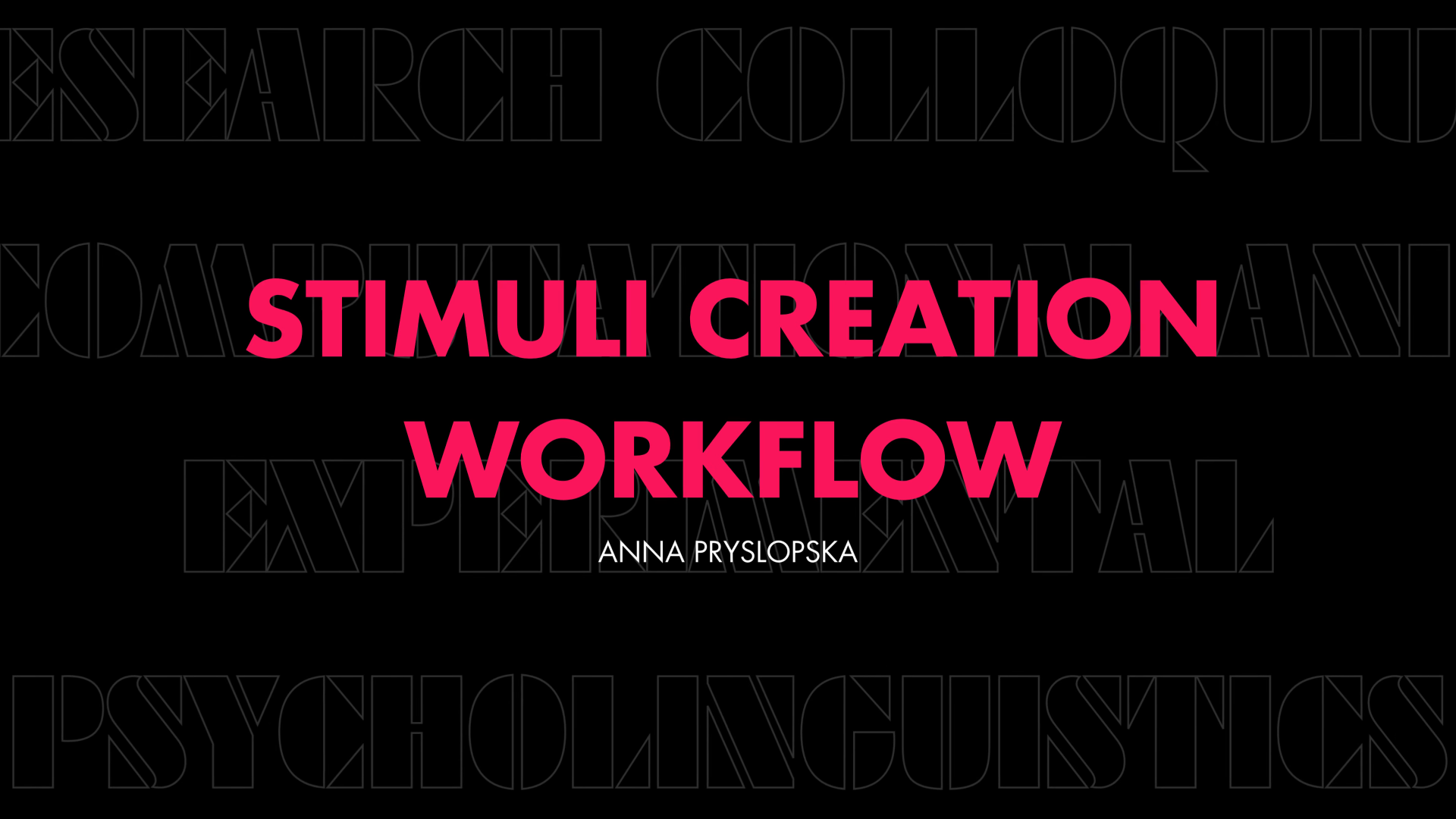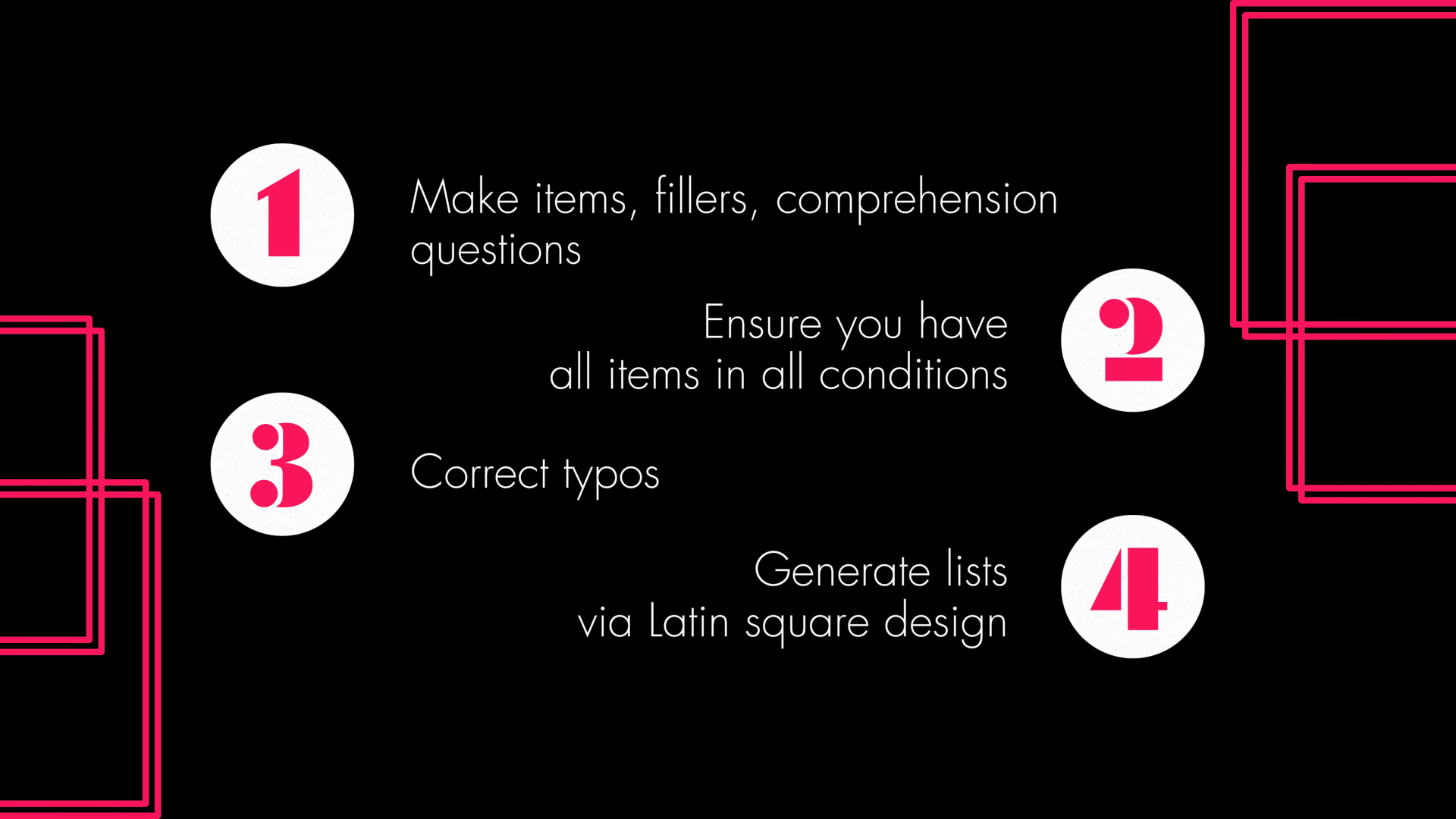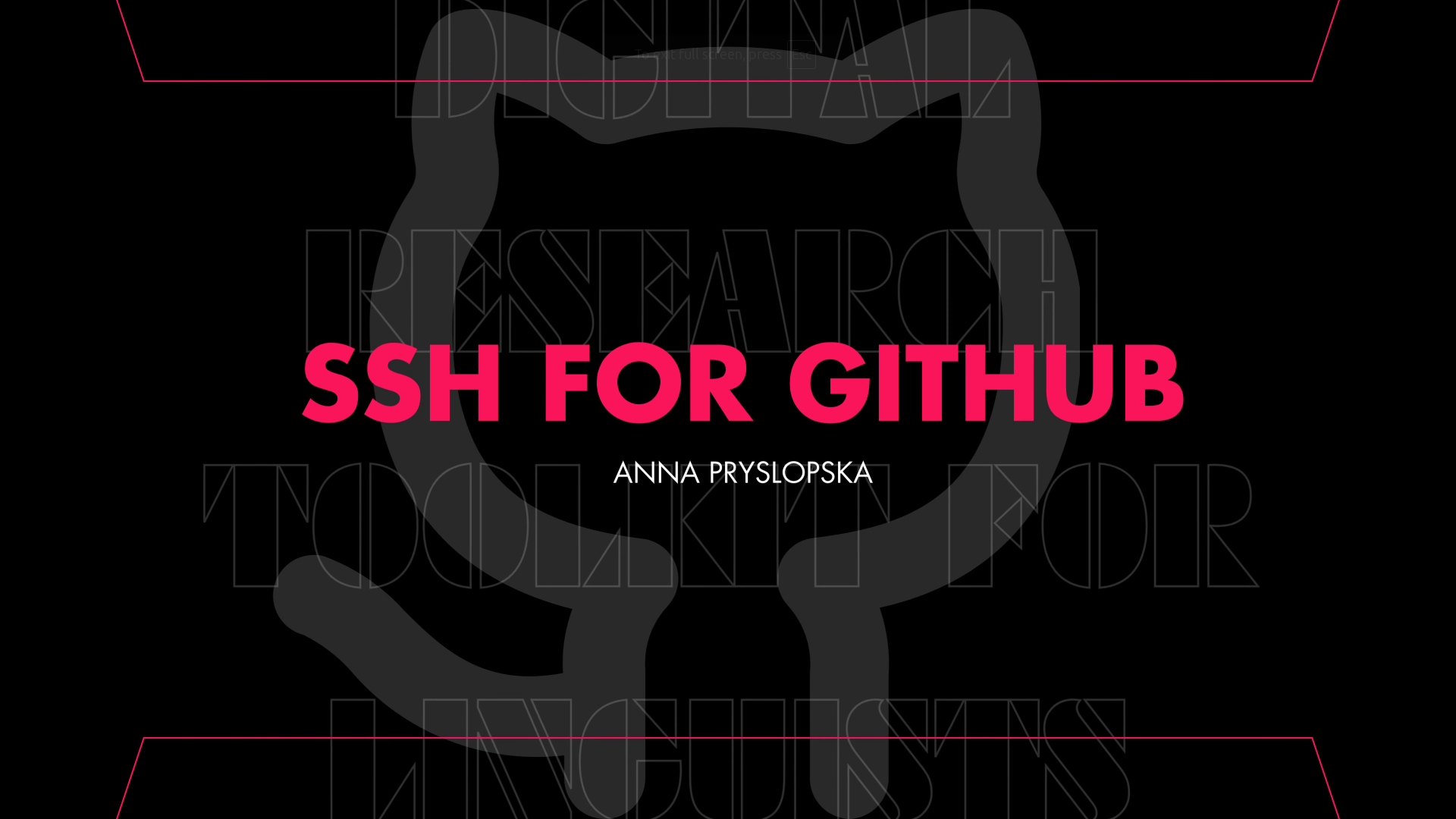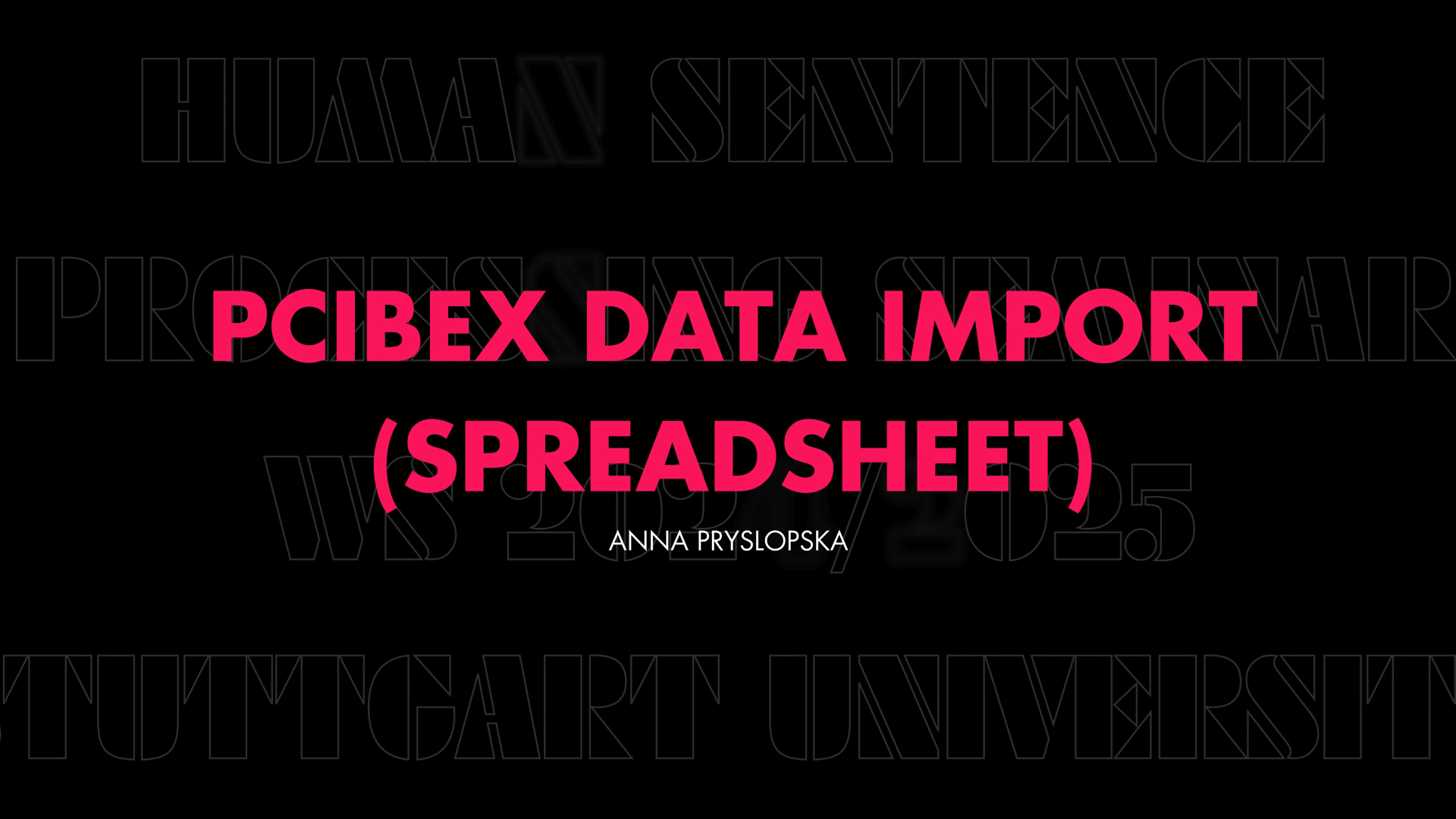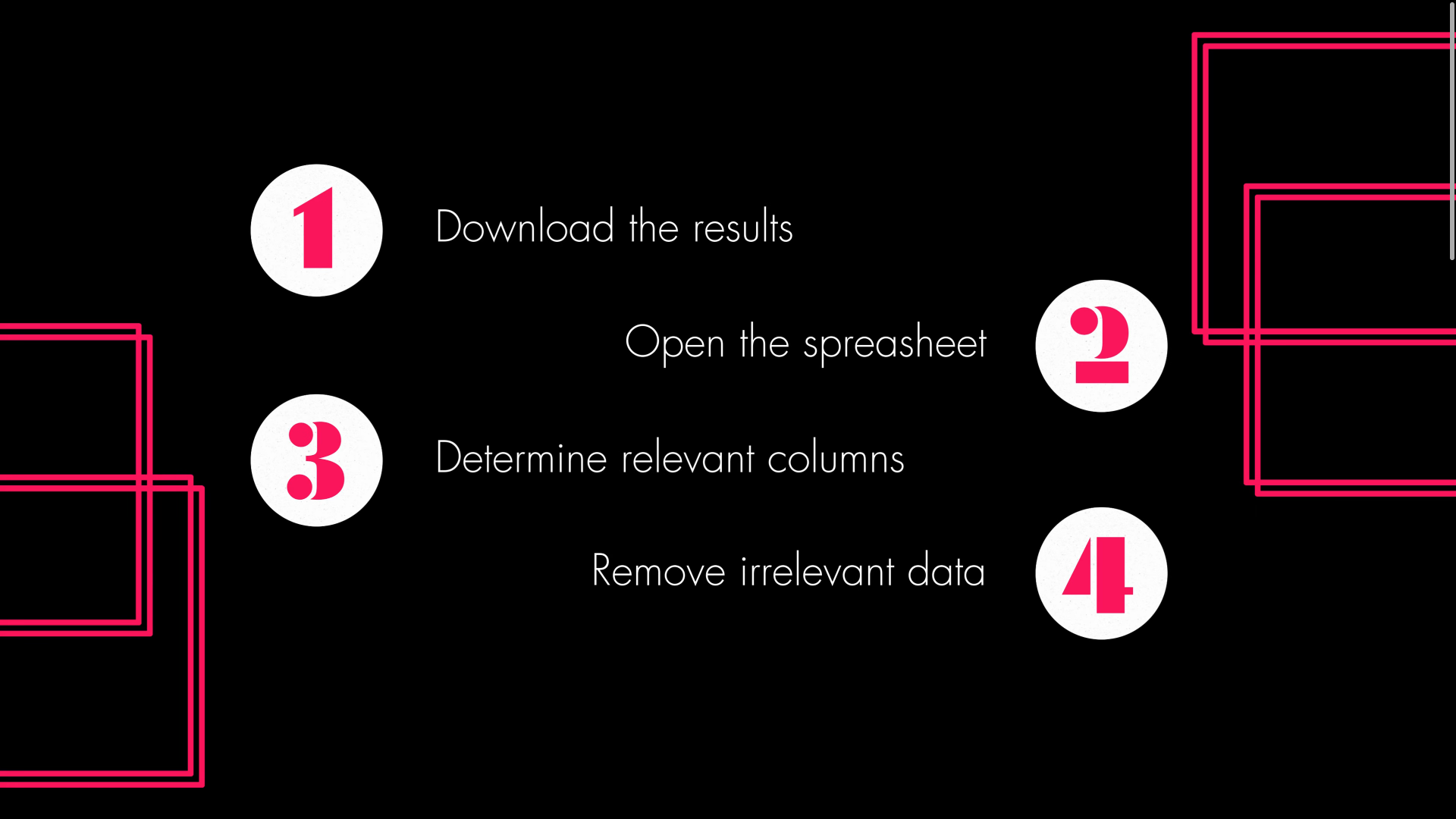Publications
Featured
Severe Storm Warnings for Four-Story Homeowners: Towards a Processing Model of Bracketing Paradoxes
Prysłopska A, von der Malsburg T (2024). In Proceedings of the 46th Annual Meeting of the Cognitive Science Society
Keywords: bracketing paradox; nominal compounds; pragmatics; semantics; compositionality; German
Abstract
Some German adjective-compound-noun constructions (‘severe storm.warning’) exhibit a bracketing paradox where an adjective semantically modifies the first noun N1 instead of the grammatically required last noun N2 thus violating compositionality. We present two experiments that examined the interpretation of nominal compounds and bracketing paradoxes. Experiment 1 showed that the semantic match of N1 and the adjective has a significant impact on the acceptability of Adj-N1 N2 constructions. Experiment 2 probed the participants’ adjective attachment choices as well as the relationship between and attachment and acceptability: While N2 attachments were most common, many constructions received mixed and some consistently bracketing paradox interpretations. High ratings for Adj-N2 were predictive of N2 attachment, but high Adj-N1 ratings led to bracketing paradox interpretations. These results are partially against grammatical expectations and suggest competition between the nouns for modification, likely due to semantic and/or pragmatic factors.
Being Friendly is Difficult. Psycholinguistic Experiments on Agentivity in Copular Constructions
Prysłopska A (2023). Doctoral thesis.
Keywords: agentivity; underspecification; coercion; semantics; copula; German
Abstract
Agentivity in copular constructions such as Sophia is being friendly, compared to its non-agentive counterpart Sophia is friendly, is a phenomenon that has received some attention in the theoretical debate but has not been widely investigated in psycholinguistics. The implications of Sophia’s voluntary control over her deliberate actions, which arise in the former sentence,seem to stem from the interplay between the subject, the verb, and the adjective. Truthfully, there is not much more to the sentence itself. In comparison, Sophia is friendly can be interpreted both as a state and as an event. Neither the predicate nor the verb in isolation can explain how agentivity comes about. Furthermore, the restrictions on the utterance’s agent are vague and flexible. Two theoretical accounts explain the agentivity effect by means of either underspecification or coercion. According to the Underspecification Account, the copula is semantically undetermined and adapts to the requirements of its lexical context as they arise. The adjectival predicate dictates the availability of the agentive interpretation. The Coercion Account postulates that the copula is lexically stative. The state interpretation of the copula-predicate combination is constructed compositionally, but the agentive reading is the result of reinterpreting the utterance as an activity.Underspecification and coercion are reflected in differing ways during processing. The former is effortless, whereas the latter elicits an increase in processing effort and a decrease in naturalness or sensicality. In a series of offline and online experiments on German copular sentences, the predictions of the Underspecification Account and the Coercion Account are put to a test.The results point to the stative nature of the copula, in line with the Coercion Account’s hypothesis. The availability of an adjective’s agentive interpretations appears to hinge on the specific circumstances. However, some degree of uncertainty remains in relation to the subtle nature of agentive coercion effects.Articles and peer-reviewed abstracts
Prysłopska A, von der Malsburg T (2024). Severe Storm Warnings for Four-Story Homeowners: Towards a Processing Model of Bracketing Paradoxes In Proceedings of the 46th Annual Meeting of the Cognitive Science Society. Download
Prysłopska A, von der Malsburg T (2024). Towards a psycholinguistic model of bracketing paradoxes. In: Proceedings of the 37th Annual Conference on Human Sentence Processing. doi: 0.17605/osf.io/zs47x.
Prysłopska, A (2023). Friendly is Difficult. Psycholinguistic Experiments on Agentivity in Copular Constructions. Doctoral thesis. doi: 10.15496/publikation-83642
Lukassek J, Prysłopska A, Hörnig R, Maienborn C (2017). "The Semantic Processing of Motion Verbs: Coercion or Underspecification?" Journal of Psycholinguistic Research, 46(4), 805--825. doi: 10.1007/s10936-016-9466-7.
Dima C, Ma J, Bücking S, Buscher F, Herdtfelder J, Lukassek J, Prysłopska A, Hinrichs EW, De Kok D, Maienborn C (2017). "A Corpus-Based Model of Semantic Plausibility for German Bracketing Paradoxes". In: Proceedings of Corpora in the Digital Humanities (CDH). Bloomington, Indiana, pp. 64--70.
Prysłopska, A (2018) Being Nice is Hard: Underspecification and Coercion in Copula Sentences. In: Proceedings of the Architectures and Mechanisms of Language Processing (AMLaP). Download
Lukassek J, Prysłopska A, Hörnig R & Maienborn C. (2015) The semantic processing of motion verbs: Coercion or Underspecification? In: Proceedings of the 28th CUNY Conference on Human Sentence Processing.
Prysłopska A (2013) Implicatures in uncooperative contexts. Master thesis in general linguistics at the Univrsity of Tübingen. Download
Prysłopska A (2013) Implicatures in uncooperative contexts. Evidence from a visual world paradigm. In: Proceedings of the 26th CUNY Conference on Human Sentence Processing.
Posters and presentations
Prysłopska A, von der Malsburg T (2025) Bracketing Paradoxes Revisited: Fresh Experimental Insights and a New Reanalysis. Talk given at the Linguistics Colloquium, Universität Stuttgart. Slides
Prysłopska A, von der Malsburg T (2024) Experimente zu Interpretation von Klammerparadoxien. Talk given at the Abteilungskolloquium Germ. Linguistik, Universität Tübingen. Slides
Prysłopska A, Ehinger B, von der Malsburg T (2024) A Concurrent Comparison of EyeLink 1000 and TrackPixx3 on a Benchmark Test Battery. Presentation given at ECEM. Slides
Prysłopska A, von der Malsburg T (2024) Semantics vs agreement: What determines the interpretation of German bracketing paradoxes? Talk given at AMLaP. Slides
Prysłopska A, von der Malsburg T (2024) Severe Storm Warnings for Four-Story Homeowners: Towards a Processing Model of Bracketing Paradoxes. Talk given at the Linguistics Colloquium, Universität Stuttgart. Slides
Prysłopska A, von der Malsburg T (2024) Poster presentation at CogSci. Poster
Prysłopska A, von der Malsburg T (2024) Short online presentation at Experiments in Linguistic Meaning. Video
Prysłopska A, von der Malsburg T (2024) Short online presentation at Human Sentence Processing. Poster
Prysłopska, A, von der Malsburg, T. (2024) It's Not Just All in the Head: Towards a Processing Model of Bracketing Paradoxes. Linguistic Evidence poster. Poster
Prysłopska, A. (2024) Stimulus design. Talk given at the Research colloquium: Computational & experimental psycholinguistics, Universität Stuttgart. Slides
Prysłopska, A. (2020) To be, or not to be friendly. Experiments on agentivity in copular sentences. Talk given at Event Semantics 2020.
Prysłopska, A. (2018) Agentive coercion in German copula sentences makes you look twice. Talk given at 60th TeaP.
Prysłopska, A. (2018) How hard is it to be friendly? Talk given at PTJK 2018.
Prysłopska, A. (2018) Being Nice is Hard: Underspecification and Coercion in Copula Sentences. AMLaP poster. Poster
Prysłopska A., Lukassek J, Maienborn C. (2018) Eye-Tracking Study of Motion Verbs: Coercion or Underspecification? Linguistic Evidence poster.
Prysłopska, A. (2018) Being nice is hard: Underspecification and Coercion in Copula Sentences. Ambiguity as (Information) Gaps poster. Abstract
Prysłopska, A. (2015) The Semantic Processing of Motion Verbs Forschungskolloquiums der Abteilung für germanistische Linguistik.
Lukassek J, Prysłopska A, Hörnig R & Maienborn C. (2015) The semantic processing of motion verbs: Coercion or Underspecification? CUNY poster. Poster
Bott O, Prysłopska A, and Solstad T. Implicit Causality Influences the Choice of Anaphoric Expression. Talk given at DETEC 2015.
Prysłopska A. (2013) Implicatures in uncooperative contexts. Evidence from a visual world paradigm. XPRAG poster. Poster
Prysłopska A. (2013) Implicatures in uncooperative contexts. Evidence from a visual world paradigm. CUNY poster. Poster
Teaching, manuals, and forms
Prysłopska A (2022, 2024, 2025). Digital Research Toolkit for Linguists course. GitHub
Prysłopska A (2025). Debugging for Beginners. Presentation given at the Human Sentence Processing seminar at University of Stuttgart. Slides
Prysłopska A (2025). Intro to PCIbex. Presentation given at the Human Sentence Processing seminar at University of Stuttgart. Slides
Prysłopska A (2024). Stimulus design presentation at Research colloquium: Computational & experimental psycholinguistics 2024 at University of Stuttgart. Slides
Metzger S, Bücking S, Buscher F, Elxnath N, Herdtfelder J, Lukassek J, Prysłopska A, Zobel S, Maienborn C (2019). Basisontologie zur semantischen Annotation von Nomina --- Manual. Universität Tübingen. Version 1.0. Unpublished draft
Prysłopska A (2019). Tips for running an eye-tracking experiment. Manual
Prysłopska A (n.d.). Ethics information template (LaTeX). Partially adapted from various, long since forgotten sources. Download ZIP
Prysłopska A (n.d.). Participant consent form (LaTeX). Partially adapted from various, long since forgotten sources. Download ZIP
